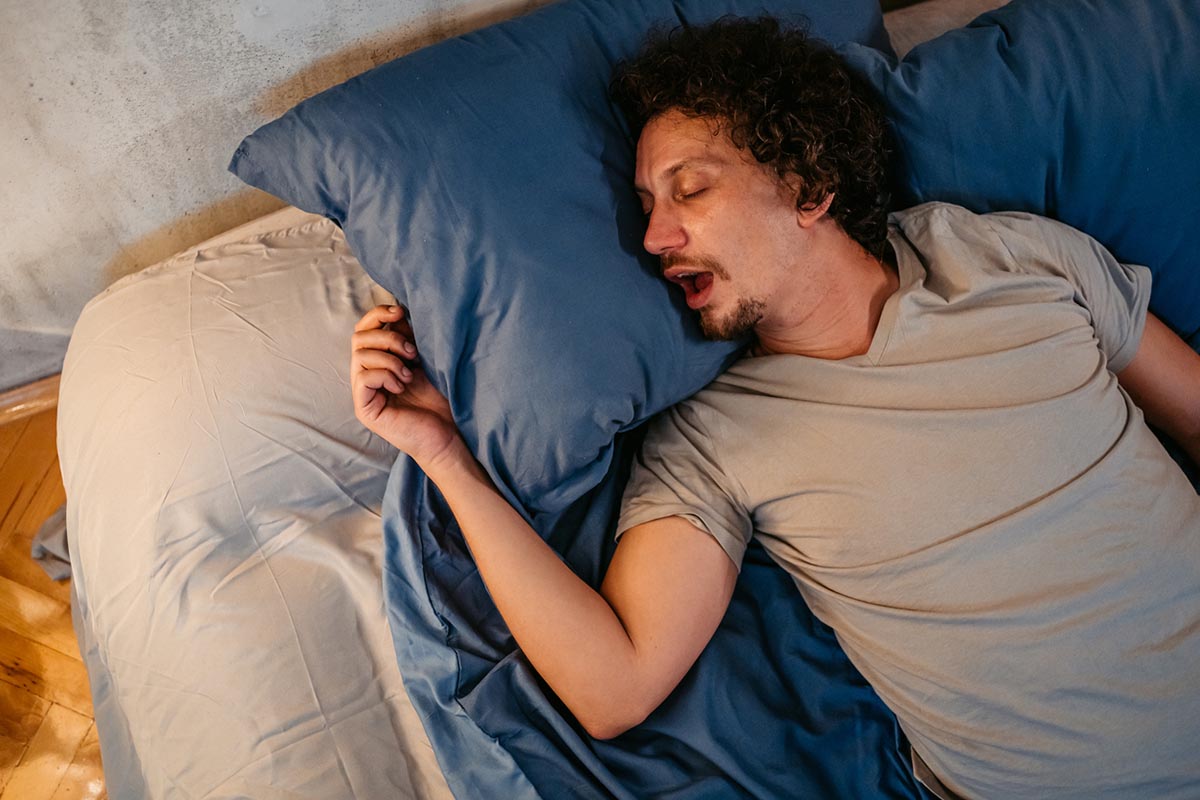A Case of Sleep Masturbation Related to Dopamine Agonist Therapy
To the Editor: Dopamine agonists are well known for precipitating compulsive behaviors, including pathological gambling, compulsive eating, compulsive buying, and hypersexuality1,2 as well as compulsive or repetitive weighing of oneself, card/video game playing, locking/unlocking doors, and dressing and undressing.3 With regard to hypersexuality, compulsive masturbation has been previously described in the literature.4,5 However, we are not aware of any cases of sleep masturbation (ie, masturbating while fully asleep) during dopamine agonist therapy. In the following case report, we describe an elderly man, on treatment with pramipexole for Parkinson’s disease, whose wife reported his unusual behavior of masturbating while fully asleep, which was temporally related to dopamine agonist therapy.
Case report. Mr A, a 75-year-old white, married man with a history of hypertension, coronary artery disease, benign prostatic hypertrophy, diabetes, gastroesophageal reflux, and mild dementia, was prescribed losartan 50 mg/d, clopidogrel 75 mg/d, atorvastatin 80 mg/d, omeprazole 20 mg/d, and donepezil 5 mg/d. In early 2010, the patient began to experience balance difficulties, stiffness, and shuffling gait. He was evaluated by his primary care physician in October 2010, diagnosed with Parkinson’s disease, and referred to a neurologist. The neurologist prescribed treatment with pramipexole, which was initiated in March 2011 at 0.375 mg/d and titrated to 1.5 mg/d over a 2-week period. When the patient was seen by his primary care physician in May 2011, the Parkinson’s symptoms had considerably improved. However, the patient reported new-onset daytime compulsive masturbation that temporally paralleled his exposure to pramipexole. The patient’s spouse of 10 years, who accompanied him to the appointment, reported that the patient masturbated during sleep as well. The patient was advised to discuss this possible adverse effect of pramipexole therapy with his neurologist. When seen again by his primary care physician in July 2011, the patient had discontinued pramipexole in response to his neurologist’s recommendation. With the cessation of pramipexole, the behavior of sleep masturbation promptly and totally abated.
Hypersexuality related to dopamine agonist therapy appears to affect a minority of patients. According to Voon and colleagues,6 in a sample of 297 patients with Parkinson’s disease, 2.4% reported drug-related hypersexual behavior. Likewise, after initiating dopamine agonist therapy for Parkinson’s disease, Bostwick and colleagues7 reported the prevalence of either hypersexuality or new-onset gambling at 2.6%. Therefore, while dopamine agonist-induced hypersexuality is uncommon, it appears to affect a significant minority of patients.
Importantly, masturbation during sleep has been reported in various medical or psychological conditions, which this patient did not exhibit. For example, Guilleminault and colleagues8 examined 11 individuals with sleep-related atypical sexual behavior, including masturbation, and found associations with psychological symptoms such as guilt, shame, and depression. Schenck and colleagues9 reported sleep masturbation among individuals with parasomnias and sleep-related epilepsy.
Because hypersexuality, including sleep masturbation, is an embarrassing symptom that may not be spontaneously reported by patients on dopamine agonist therapy or their significant others/families, we suggest that all patients be queried about various compulsive behaviors after initiating therapy with dopamine agonists. These socially disabling behaviors typically abate with dose reduction or discontinuation of the dopamine agonist.1
References
1. Boehringer Ingelheim. Mirapex prescribing information. http://bidocs.boehringer-ingelheim.com/BIWebAccess/ViewServlet.ser?docBase=renetnt&folderPath=/Prescribing%20Information/PIs/Mirapex/Mirapex.pdf. Accessed June 2, 2011.
2. Evans AH, Strafella AP, Weintraub D, et al. Impulsive and compulsive behaviors in Parkinson’s disease. Mov Disord. 2009;24(11):1561-1570. PubMed doi:10.1002/mds.22505
3. McKeon A, Josephs KA, Klos KJ, et al. Unusual compulsive behaviors primarily related to dopamine agonist therapy in Parkinson’s disease and multiple system atrophy. Parkinsonism Relat Disord. 2007;13(8):516-519. PubMed doi:10.1016/j.parkreldis.2007.04.004
4. Sansone RA, Ferlan M. Pramipexole and compulsive masturbation. Psychiatry (Edgmont). 2007;4(9):57-59. PubMed
5. Cooper CA, Jadidian A, Paggi M, et al. Prevalence of hypersexual behavior in Parkinson’s disease patients: Not restricted to males and dopamine agonist use. Int J Gen Med. 2009;2:57-61. PubMed
6. Voon V, Hassan K, Zurowski M, et al. Prevalence of repetitive and reward-seeking behaviors in Parkinson disease. Neurology. 2006;67(7):1254-1257. PubMed doi:10.1212/01.wnl.0000238503.20816.13
7. Bostwick JM, Hecksel KA, Stevens SR, et al. Frequency of new-onset pathologic compulsive gambling or hypersexuality after drug treatment of idiopathic Parkinson disease. Mayo Clin Proc. 2009;84(4):310-316. PubMed doi:10.4065/84.4.310
8. Guilleminault C, Moscovitch A, Yuen K, et al. Atypical sexual behavior during sleep. Psychosom Med. 2002;64(2):328-336. PubMed
9. Schenck CH, Arnulf I, Mahowald MW. Sleep and sex: what can go wrong? a review of the literature on sleep related disorders and abnormal sexual behaviors and experiences. Sleep. 2007;30(6):683-702. PubMed
Author affiliations: Sycamore Primary Care Center (Dr Sawyer) and Department of Psychiatry Education (Dr Sansone), Kettering Medical Center, Kettering; and Departments of Psychiatry and Internal Medicine, Wright State University School of Medicine, Dayton (Dr Sansone), Ohio.
Potential conflicts of interest: None reported.
Funding/support: None reported.
Published online: May 10, 2012.
Prim Care Companion CNS Disord 2012;14(3):doi:10.4088/PCC.11l01264
© Copyright 2012 Physicians Postgraduate Press, Inc.



